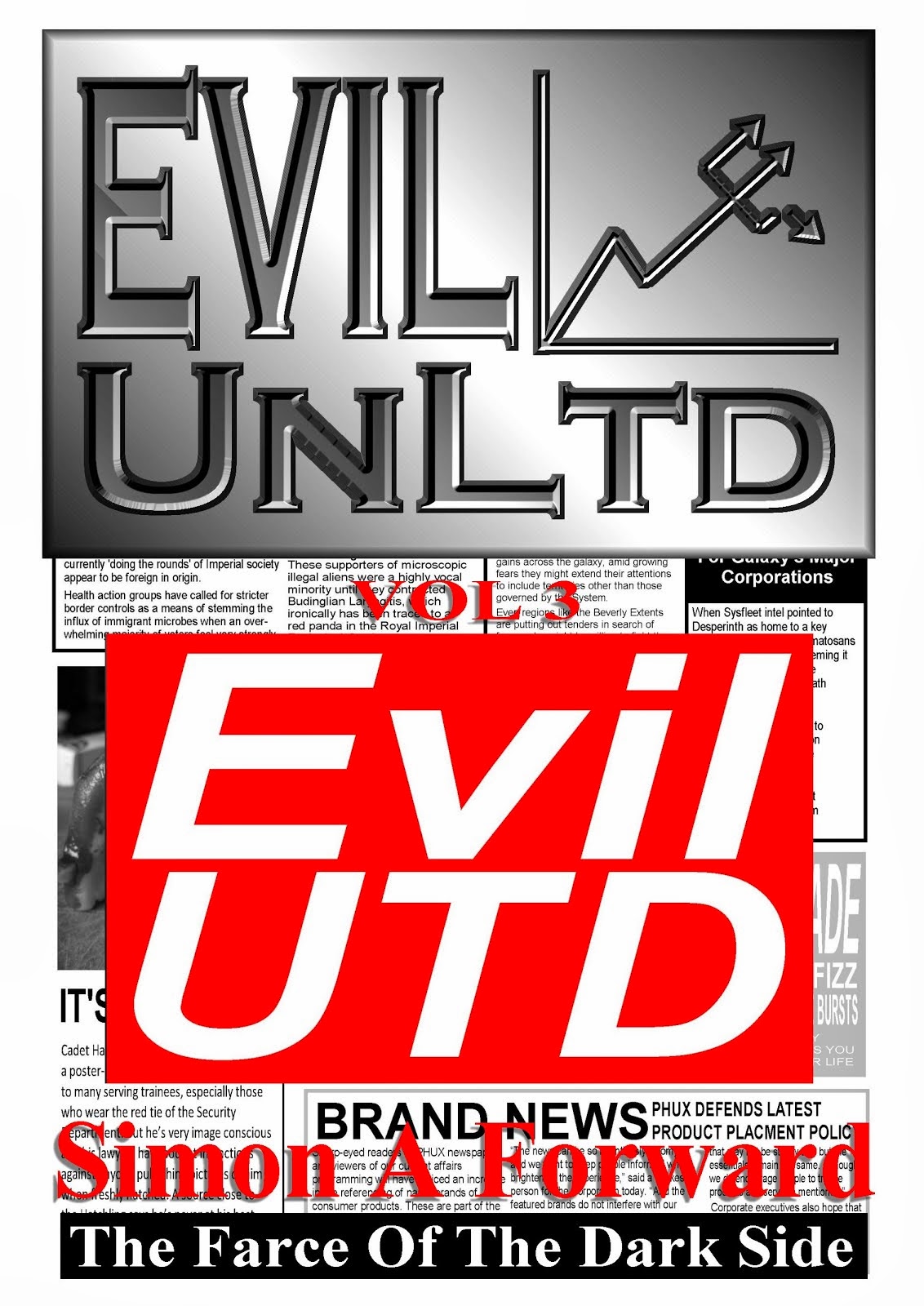If there was a BAFTA category for Best Doctor Who Episode
Written By Chris Chibnall then The Power Of Three would win it. All his other
scripts would just have to clap and smile politely to hide their
disappointment. But there’s no use arguing with the facts and they’d best just
get over it.
Of course, it all comes apart at the end and the rivals
may take some comfort from that. But up to a certain point it is a veritable
box of delights. Nay, numerous little boxes of delights.
Millions of the little beggars turn up one morning on
Earth. The seeds are sown for a terrific mystery. Even better, the boxes – or
cubes, since we don’t know that they contain anything – do nothing. Absolutely
nothing. For ages. It’s spectacularly confounding and you’d almost like to see
the human race facing the unprecedented threat of just being driven out of
their minds with frustration as they try and fail to figure it all out.
Suspense and intrigue mount while the story also shines a
light on the three-way relationship between the Doctor, Amy and Rory. The
dilemmas they face, pulling them in different directions – to travel with the
Doctor, to enjoy normal lives and (for the Doctor) the need for their company
versus the ability to let them go. It’s deftly handled and engagingly written –
and played out. The domestics are right at the heart of this episode and don’t
detract from the cubic mystery at all.
Plus it features the Return Of Brian.
Mark Williams is great, once again. As are all the leads
– they’re fired up, clearly having the time of their lives. And then we’re
introduced to Jemma Redgrave as Kate (Lethbridge) Stewart who heads up UNIT and
swiftly becomes an understated star of the show.
Part of me is often inclined to cringe when a series
decides to populate itself with the offspring of favourite characters – too
often they’re painful to watch and hard to believe they sprang from the same
DNA. But here, Chibnall and Redgrave have combined their talents to create a
thoroughly convincing Brigadier’s daughter. Add to that mix all the underlying
history for a life-long fan like me and, well, let’s just say you get a few
moments that bring a tear to the eye and that even manage to emotionally
upstage all the heartfelt stuff between Doctor, Amy and Rory.
More Kate Stewart, please.
And if all this sounds too good to be true and you’re
wondering if I’ve lost my critical faculties, don’t worry. As anyone who has
thrown dice in Vegas will tell you, there is always a danger of crapping out.
And this story does so on a scale to match its promise.
All that simple brilliance deserves a simply brilliant
explanation. Quite early on, Brian lists a dozen possibilities presented by the
overnight appearance of the cubes and they are all better than what we find
when the metaphorical box is opened.
We are given clues to prepare us for the disappointment:
there are some random goings-on with creepy medical orderlies and a weird girl
in the hospital where Rory works. They strike as very ordinary Doctor Who fare
in contrast to the novelty of the faceless cube invasion, perhaps some
misguided attempt to manifest the menace in some more obvious form because, you
know, modern audiences might not get it otherwise. Whatever their purpose in
the writer’s mind, they are a bridge between all that’s fascinating and magical
about the premise and the ultimate pulling away of the curtains to reveal that
it’s all the work of some demented old nutter.
Yes, folks. All that intrigue, not to mention the tension
and suspense when the cubes activate in all manner of freakish ways and then
commence their ominous countdown, well, it’s all because this strange old dude
wants to cull humanity before they spread out to colonise space. So naturally
he needed the super-advanced all-singing all-dancing miraculous wundercubes to
study them to determine their Achilles Heel and wipe them out. And even more
naturally that’s going to require months of analysis and observation. To find
out that the answer to the Question – you know, the Question Of Life, the
Universe and Wiping Out Humanity – is to give them all heart attacks. Hmm,
methinks you guys need to go away and build a bigger, more powerful computer.
It’s disastrously stupid.
Chibnall compounds this by inventing some mystical
mumbo-jumbo for his alien wizard to spout. Some guff about the Tally which is
supposed to make us nod and say, “Oh, it all makes perfect sense now.” Then the
Doctor (in effect) rubs his ruby slippers together, says “There’s no place like
home” and millions of cardiac arrest victims all over the globe are brought
back to life.
The mass defibrillations are unfortunately carried out
after the Doctor and Amy have travelled from an underground base beneath the
Tower Of London to Rory’s hospital and had a lengthy chat with the hologram of
the alien fanatic, so all those people picking themselves up off the pavements
are probably brain dead. But don’t concern yourself with that because what
matters is that the writer has convinced himself that he’s wrapped everything
up neatly. Whereas it seems more like he boxed himself up too completely with a
premise that was so good it really demanded something very special to tie it
all together.
The more exciting the package, I guess, the more
expectation of something exciting contained within. This is kind of like
opening up your biggest present on Christmas Day and finding batteries included
– because there’s plenty of energy to this tale – but no toy. Or at best a
cheap plastic thing that you’ll play with once or twice then throw away and
forget.
Still, I’ll clap and smile as Chibnall collects that
award. He will doubtless collect a few more for Broadchurch and fingers crossed
he’ll be too busy with a second series of that to write any more Doctor Who.
I’ve read that he’s keen to do more and he has been asked, so may try to
squeeze a script in between his busy Broadchurch schedule. Alas, I can’t say I
find the prospect of a rushed Chibnall script any more encouraging than seeing
his name in the credits in a quieter year.
This is his best. It might be better to quit while he’s
ahead.
Next Time...
Angels
Take Manhattan.
SAF















